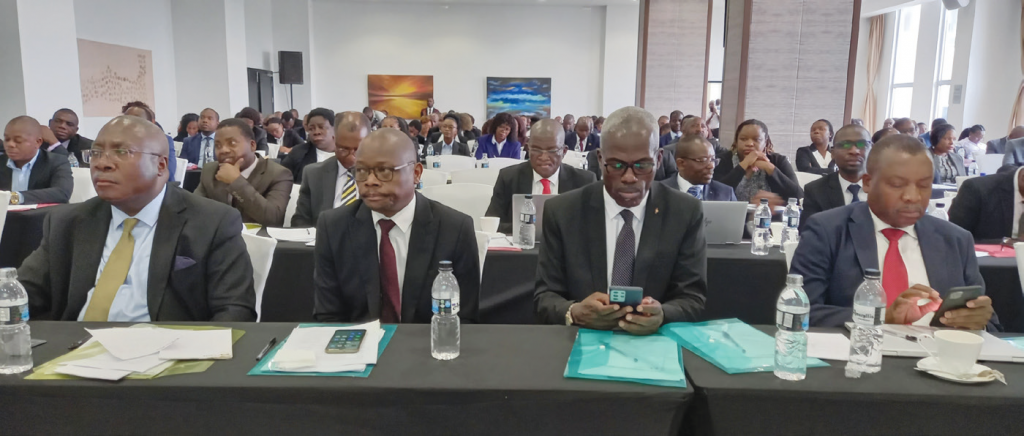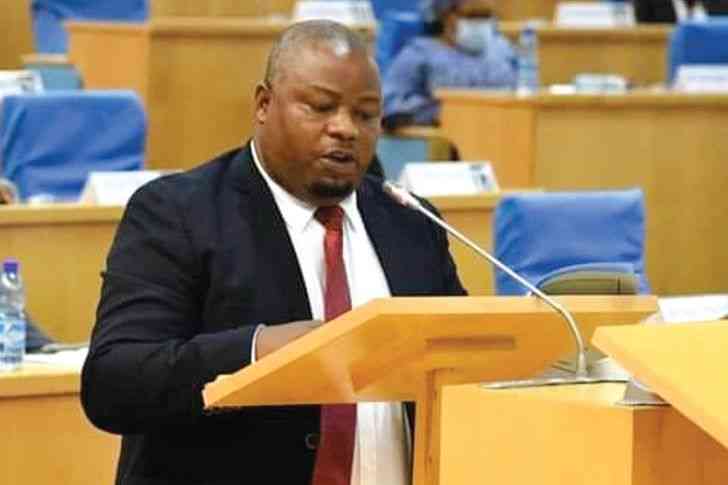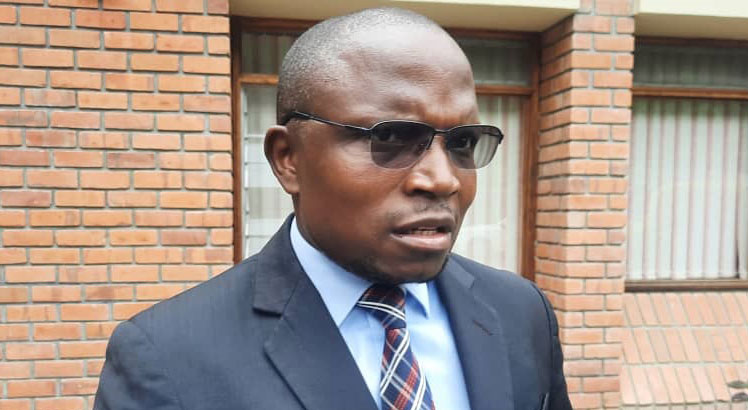Judiciary admits corruption among officers
Magistrates and Judges Association of Malawi (Majam) has conceded that there are some judicial officers, notably judges and magistrates, who indulge in corruption within the Judiciary.
Majam board chairperson Frank Kapanda said this in an interview on Thursday after opening a two-day Majam Conference and Annual General Meeting at Amaryllis Hotel in Blantyre.

He said there were two different committees within the Judiciary that handle issues relating to corrupt judicial officers, namely Judiciary Integrity Committee chaired by High Court of Malawi Judge John Chirwa and the Judicial Complaints Committee.
Kapanda, who is a judge of the Malawi Supreme Court of Appeal, said: “It’s [corruption] something that we cannot wish away. There are those reports [of corrupt judicial officers], but we are addressing them through these various committees so that when these complaints come to us, we deal with them.”
The confession comes barely nine days after former Judiciary spokesperson Mlenga Mvula alongside Reverend Daniel Mhone wer e conv i c ted for corruptly soliciting about K10.7 million from United Methodist Church between 2016 and 2017.
The Anti-Corruption Bureau (ACB) arrested Mvula along with Mhone in September 2017 for allegedly soliciting the money purportedly for the Attorney General’s office, High Court judges and himself to influence the outcome of a court case.
During his presentation on Thursday morning, Kapanda said the Office of the Ombudsman has received about 47 complaints against the Judiciary as of August 2022, all bordering on access to justice.
He expressed optimism that the conference will help to address some challenges the Judiciary faces saying it was a platform where judges and magistrates exchange ideas.
Professor of law Edge Kanyongolo also made a presentation titled ‘The role of judicial officers in enhancing access to justice’ in which he highlighted a number of issues affecting Malawians in accessing justice. Among others, he mentioned long distance to courts, unavailability of judicial officers and language limitations as not all court translators translate English to Chichewa accurately.
He also observed that judicial officers have a critical role in promoting access to justice such as having the willingness to hold mobile and camp courts to reduce distance that court users cover.
Kanyongolo, who recently retired from the University of Malawi, further urged judicial officers to diligently monitor and validate interpretations of court proceedings and support court users’ committees.
He said: “Nevertheless, judicial officers have the potential to play a critical role in enhancing access to justice by improving their availability for judicial duties, interpreting locus standi and amicus curiae [friends of the court] rules expansively, ensuring accurate translation of judicial proceedings and delivering judgements without undue delay.”
In his opening remarks, Malawi Supreme Court of Appeal Judge Lovemore Chikopa, who represented Chief Justice Rizine Mzikamanda, echoed Kanjongolo’s sentiments that judicial officers have a big role in promoting access to justice.
He condemned some judicial officers who abuse their offices by delaying to commence court proceedings without good reasons.
Chikopa, who is also the Judge President in the Malawi Supreme Court of Appeal, said: “If we, as judicial officers, took great interests in what we do, ask ourselves the question whether we are doing the very best that we can, subjecting ourselves to constant examinations of how we can do better, you will see that a sound total of our efforts go a long way towards improving Malawians’ access to justice.
“So, we should be asking ourselves can I do better at the individual level. If we are doing better, then the Judiciary will also do better.”
In 2018, former Chief Justice Andrew Nyirenda also confessed that just as it is with every other sector, the Judiciary was not spared from corrupt elements.





